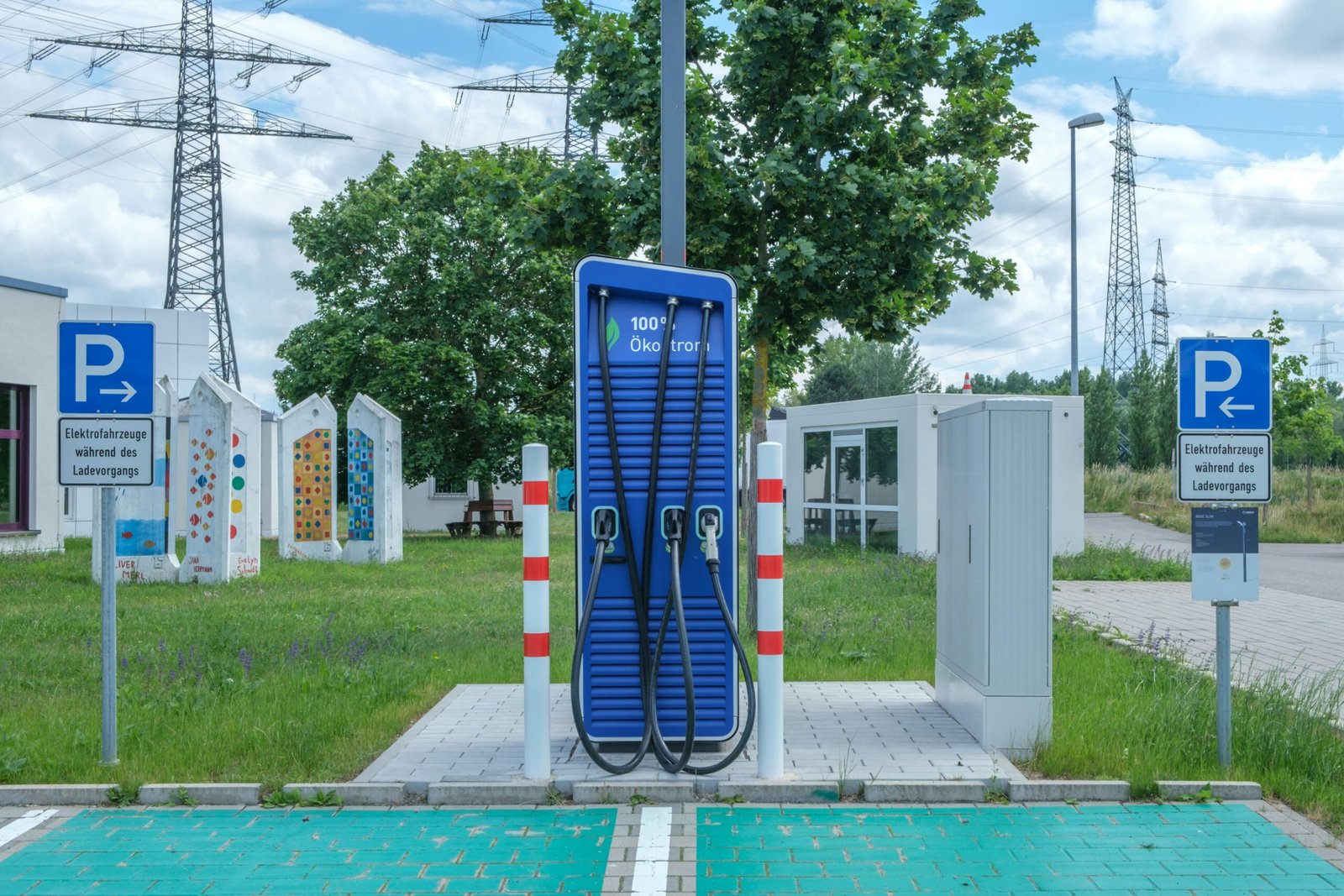Future of Transportation: Adopt Electric Vehicles (EVs).

As a result of technological advancements and the urgent need to combat climate change, electric vehicles (EVs) have become a beacon of hope for the future of transportation. With their promise of zero emissions and their increasingly impressive performance, electric vehicles are revolutionizing the automotive industry and reshaping our approach to mobility.
Understanding Electric Vehicles
Electric vehicles are cars powered by electric motors that use energy stored in rechargeable batteries or other energy storage devices. Unlike traditional internal combustion engine vehicles that rely on fossil fuels, electric vehicles run on electricity, making them more environmentally friendly.
Environmental Benefits of E Vehicles
One of the main benefits of electric vehicles is their minimal impact on the environment. By eliminating tailpipe emissions, E Vehicles make a significant contribution to reducing air pollution and greenhouse gas emissions, thereby mitigating the harmful effects of climate change. The transition to E Vehicles plays a vital role in achieving the global Sustainable Development Goals and creating a cleaner, healthier environment for future generations.
economic benefits
Apart from environmental benefits, E Vehicles also offer undeniable economic benefits. Although the initial purchase price of E Vehicles may be higher than conventional vehicles, their lower operating and maintenance costs make them more affordable in the long run. With fewer moving parts and no need for oil changes or exhaust system repairs, electric vehicle owners enjoy significant savings on maintenance costs. Additionally, as renewable energy sources become more prevalent, the cost of electricity to charge E Vehicles is expected to decline further, making them even more cost-effective.
technological innovation
Rapid advancements in technology have taken electric vehicles to new heights of performance and efficiency. Modern electric vehicles deliver impressive acceleration, smooth operation and long-range capability that rival their fossil fuel counterparts. Innovations such as regenerative braking, which captures and stores energy during deceleration, improve the overall efficiency of E Vehicles, extending their range and improving energy use.
infrastructure development
As the popularity of E Vehicles continues to grow, so does the need for suitable charging infrastructure. Governments, businesses and utilities around the world are investing in expanding charging networks to drive widespread adoption of E Vehicles. From public charging stations in urban areas to home charging solutions, the infrastructure is constantly evolving to suit the charging needs of electric vehicle owners, addressing concerns about affordability and convenience. autonomy
Consumer adoption and awareness
Despite the undeniable benefits of E Vehicles, their widespread adoption faces certain obstacles, including range limitations, availability of charging infrastructure, and the perception of high upfront costs. However, as electric vehicle technology develops and consumer awareness increases, attitudes toward E Vehicles are changing positively. Government incentives, tax credits, and subsidies for purchasing E Vehicles encourage consumers to adopt E Vehicles, thereby increasing the adoption rate.
environmental impact of construction While E Vehicles provide significant environmental benefits during operation, it is important to consider the environmental impact of their manufacturing process. The production of batteries, especially for E Vehicles, requires significant amounts of energy and raw materials, leading to carbon emissions and environmental degradation. However, advances in battery technology, recycling initiatives and sustainable manufacturing practices aim to reduce these concerns, ensuring that the overall environmental footprint


Leave a Comment